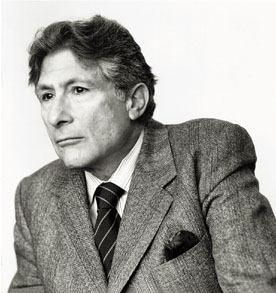 |
| black elk speaks |
Perhaps most problematic is the claim that “Neihardt was clearly aware of the old man’s participation in the Catholic church” (Powers 49). Neihardt’s storytelling method is also troubling. Black Elk Speaks is focused around the visions that Black Elk encounters. In his “own words,” Black Elk recalls “a very great vision, and I should have depended only upon that to guide me to the good” (342). This is contrary to Lakota tradition. Powers argues that in real Lakota society, “there is no interest in Black Elk on the reservation as a philosopher or spokesman for the traditional way of life, at least not by his living contemporaries” (53). This calls into question the methodology of giving preference to one individual’s account of his or her experiences as a Lakota. Perhaps this singular narrative format is fundamentally incompatible with traditional Lakota understandings of recalling experiences. Moreover, the series of visions that Black Elk sees have specific morals tied to them. However, Lakota society would not focus on Black Elk’s visions as a universal lesson, but rather a personal ethical observation that is subjective.
 |
| subaltern studies |
In light of this analysis, it becomes important to determine where this leaves Black Elk Speaks. Echoing Spivak’s original question, perhaps Black Elk has no voice within this text. Nevertheless, I am reluctant to believe that this means the text should be abandoned entirely. Rather, I look forward to the class discussing on Tuesday where these historical discrepancies leave us in relation to the text.
William Powers. “When Black Elk Speaks, Everybody Listens”. Social Text 24 (1990).
No comments:
Post a Comment